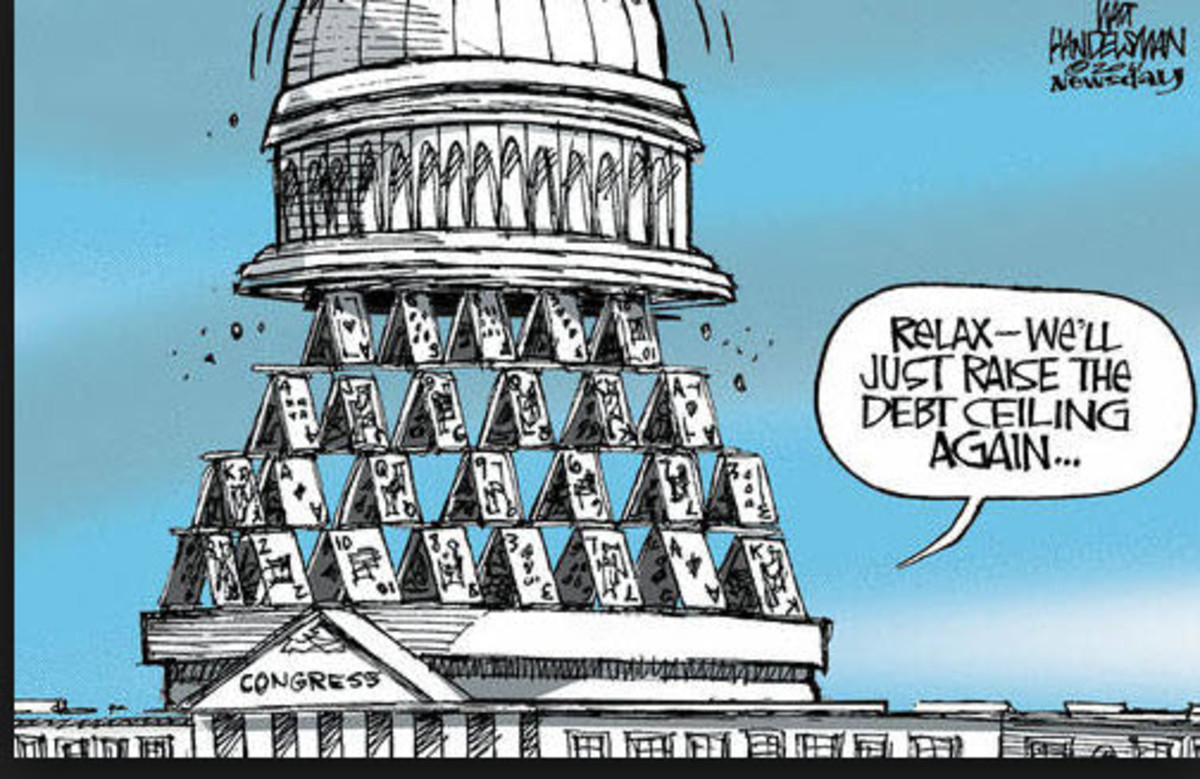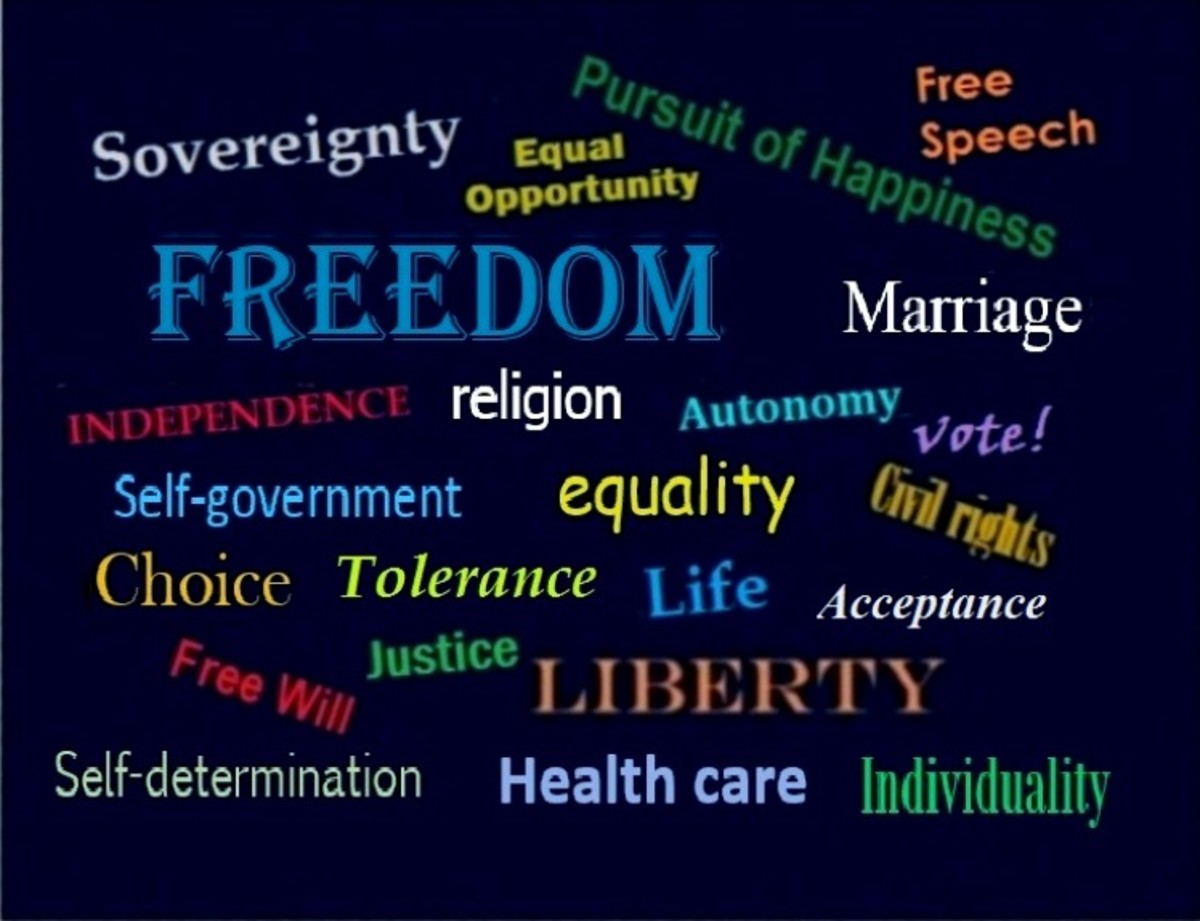Do agencies of the federal government have the authority to stop performing any functions?
Recently the Department of Commerce has made the decision to relinquish administrative control of the Internet to a global organization. It is not known what the makeup of this entity entails but it makes no difference. Each country like the United States has administrative control at least in part to the domains registered within their country. This department should not relinquish this function within their organization. When the decision was made public a large percentage over 60% based on some polls disagree with this decision.
This decision raises some questions as to the functions within the Executive Department and the agencies within them on whether they have the option to eliminate functions without going through Congress. Each department and agency has distinct responsibilities given to them through the laws enacted by Congress.
Not so long ago there was a movement to bring about actions to tax the Internet controlled by the United Nations, a global organization. It is not known if this proposal is still being considered but it should be rejected. Questions regarding this activity involve a law which
prohibits multiple and discriminatory taxes on electronic commerce until November 1, 2014. The legislation is titled The Internet Tax Freedom Act Amendments of 2007. This one involving the Internet is clearly in the best interest of users in the United States. This legislation should be made permanent.
Today there are so many agencies making what appear to be routine decisions affecting their workload but who has the authority to cancel or eliminate functions which are well within their jurisdiction. It is the responsibility of Congress to ensure the functions of departments and agencies perform the functions which are in the best interest of our country and not delegate them to some foreign entity.
The structure of the federal government granted has become overwhelming but departments and agencies should not eliminate functions and usurp their responsibilities. Departments and agencies in many cases do a great job but never get the recognition they deserve. Granted mistakes are made at times and the responsibilities can be daunting to keep up with the changing laws and new laws which they are tasked to monitor and enforce.
The need for integrity in the operations and functions of departments and agencies cannot be ignored. Responsibilities must be carried out not be ignored. Many agencies and functions within the agencies are being performed but whether they are all needed needs to be examined. Agencies and even departments must look at their responsibilities and authority and make a determination between what functions are necessary with respect to what they want to do. There are always things within government organizations they would like to do but the distinction should be what they are required to do given their jurisdiction and authority.
Monitoring the activities of government organizations is the responsibility of Congress and given the volume of activities and organizations some would say this is almost an impossible task. I am a firm believer that this situation exists but how should it be resolved is the question. The answer is simple the size and quantity of government entities within the executive department needs to be reduced to a level that is manageable for Congress to monitor the activities. Critical functions need to be in place to support our military, protect our security to ensure the necessary programs are being properly managed. Some agencies when just looking at their titles raises questions as to their need.
The last point to make is that departments and agencies should not have the authority to eliminate functions without congressional review. Committees in Congress should be informed before decisions are made to eliminate activities and if this is not in place it should be. The legislative branch of our government has a responsibility to the country to ensure necessary functions are performed while unnecessary functions are eliminated. The size of our government has become so big it is almost unmanageable from a congressional point of view. Government needs to be reduced to a manageable level ensuring critical and necessary functions are performed in agreement with enacted laws. Functions which have no real value or purpose with respect to laws managed by departments and agencies should be eliminated. Functions should add value to citizens and have a positive impact not a negative one. Functions and decisions which negatively impact the country should be examined as to whether the right decisions are being made and if not they need to be reversed. This again is the responsibility of Congress to perform this function. Government entities at the executive department level as it appears should not have blanket authority to do whatever they want. There needs to be limits on the scope of decisions a department and agency can make. This should not become a micro-managed situation but monitoring the actions of government organizations need to be performed in conjunction with the Constitution.
.








